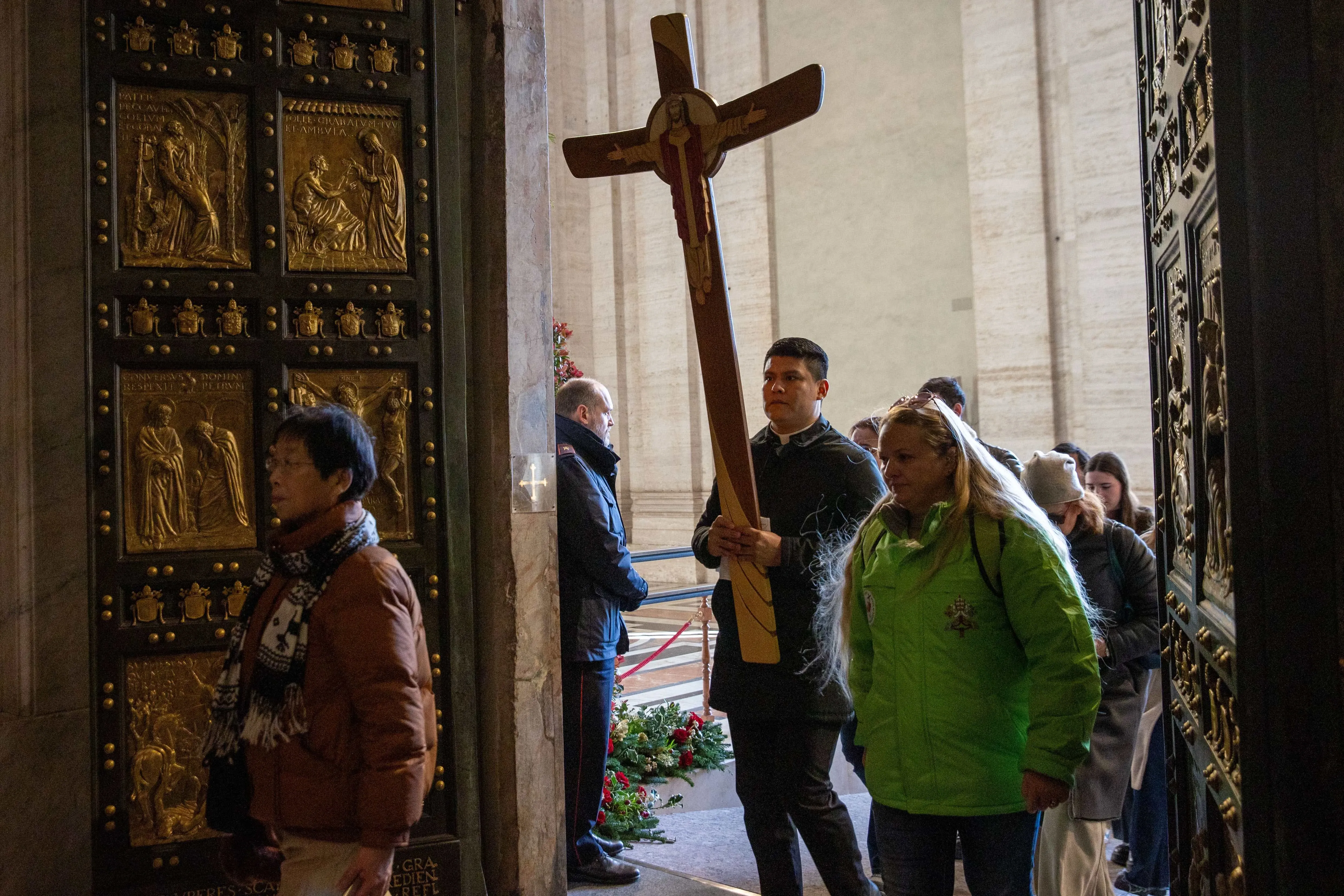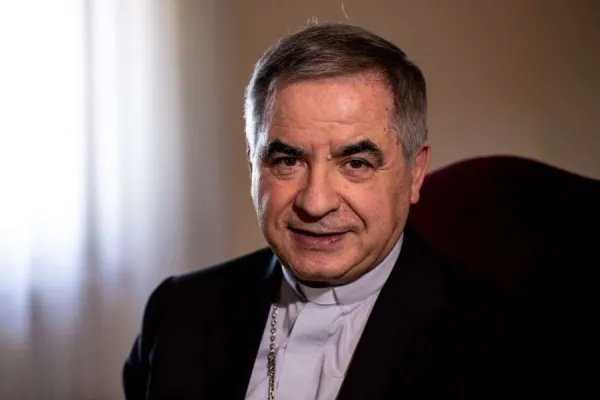Of course, an open process for fielding contract bids will only go so far as a cost-cutting measure. But the new standards are aimed as much at fighting corruption as they are achieving value for money.
Fraud, patronage, organized crime, money laundering, arms dealing, terroism, and human trafficking are all cited as targets of the new measures, and the need to conform to international standards on those issues is cited repeatedly.
New standards for individuals and businesses with whom the Holy See and Vatican City will do business amount to a serious and easily understood fit-and-proper-persons test which must now be applied to anyone looking to partner with a curial department.
Some of the standards appear welcome nods to common sense, excluding companies whose boards include anyone with convictions for fraud, corruption, money laundering and similar crimes. Others go further and could strike at the often complicated networks of nested companies involved in Vatican financial dealings; the new norms explicitly single out companies with obscured ownership arrangements.
Internally, the new rules go further than simply providing mechanisms for enhanced transparency. Perhaps most importantly, they provide new accountability requirements for due diligence processes, insisting on the clear designation and separation of those offering a contract for tender and those evaluating the bids.
(Story continues below)
The risks of age-old problems like nepotism, conflicts of interest, and insider dealing now must be individually assessed, deal-by-deal, by a named person – attaching personal responsibility to decisions.
Most strikingly, any complaints or accusations brought under the new rules are to be assessed in open court before being referred, if necessary, for further investigation and enforcement action.
Of course, it is this enforcement action which will prove the measure by which the law’s effectiveness is assessed.
“Regular independent auditing will be needed to ensure that these norms are being followed,” a senior figure close to the Secretariat for the Economy warned. That auditing has proved difficult in the past.
The first Vatican auditor general, Libero Milone, was forced from his job under threat of prosecution in 2017, the same year Pell took what became a permanent leave of absence to return to Australia. At the time, Cardinal Angelo Becciu, then sostituto of the Secretariat of State, said Milone had to go because he was “spying on the private lives of his superiors and staff, including me.”
Since then, Becciu’s former department has become the locus of a series of stories of suspected financial impropriety, with apparent conflicts of interest by senior officials, suspicions of nepotism, and links to external individuals and institutions that - put mildly - do not appear to reflect the new standards.
With several members of staff suspended and investigations by prosecutors ongoing, Vatican watchers may give Monday’s announcement a cautious welcome as signs of a new beginning.
But on this Groundhog’s Day, some experts are wondering if this is really a sign of a springtime to come. The best predictor of whether the new reform measures will succeed may prove to be how Vatican prosecutors resolve issues from the recent past.








